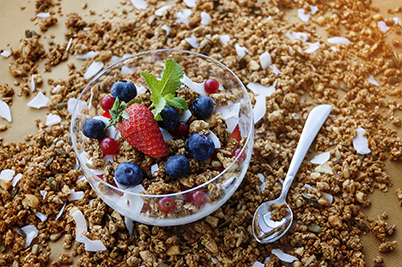| Essence |
Delta-Tocopherol (E309) is another synthetic Tocopherol (one of vitamin E forms) along with Alpha-Tocopherol (E307) and Gamma-Tocopherol (E308) that is used as an additive in various products. |
| Names |
Vitamin E, Delta-Toc, INS 309, Dl-Delta-Tocopherol, CAS 119-13-1, Synthetic Vitamin E, δ-Tocopherol, E309, Delta-Tocopherol, and others. |
| Sourcing |
Vegetable oils are one sourcing option. But it can also be created by chemical synthesis. |
| Manufacturing |
The process of creating it is identical to how Tocopherol-Rich Extract (E306) is created. Then, after that, it undergoes chromatographic separation (namely, there is one extra step). |
| Application |
Antioxidant (synthetic, fat-soluble) and preservative. |
| Acceptable Daily Intake |
Amounts of up to 2 milligrams on every kilogram of body weight are said to be nothing but harmless. Which, at least to me, doesn’t seem to be quite the truth. |
| Side Effects |
Synthetic vitamin E forms have been recognized as a hazard. Not only are they generally toxic to consume, but also they can quite realistically lead to cancer, especially when consumed in high amounts (which may or may not be true when used only as an additive). |
| Benefits |
Theoretically speaking, this additive does offer vitamin E activity which means that we could be getting vitamin-E-related benefits when consuming it. That said, it has been argued that due to its synthetic nature, it actually is likely more harmful than helpful. |
| Studies |
545+ studies on Pubmed. Less than 20 studies on safety. |
| Allergens |
Not necessarily but potentially soy. |
| Diet Restrictions |
None. |
| Health Knight Assessment |
Potentially Harmful. | Category 3 Additive. |
| Products |
Delta-Tocopherol (E309) can be found in processed foods like desserts, muesli, chocolate shakes, breakfast cereals, and others. |



